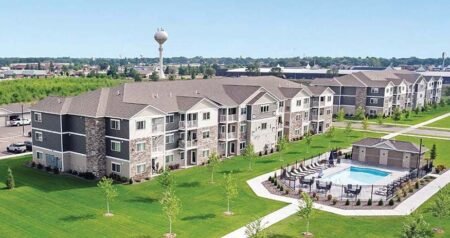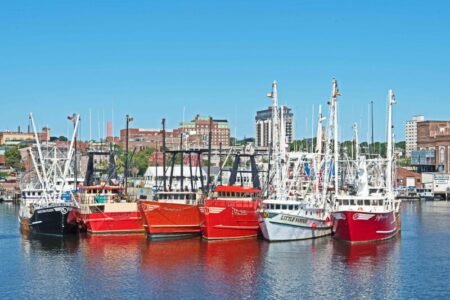Birmingham Heritage Week returns this September, shining a spotlight on the city’s Jewellery Quarter, which has earned World Craft City status. The event celebrates Birmingham’s rich heritage and the skilled artisans who have shaped its creative industries for over 200 years.
The 10-day festival spans the entire city, offering more than 200 events for residents and visitors to explore. From historic tours to interactive workshops, Heritage Week encourages people to discover hidden corners and learn about Birmingham’s fascinating past.
Irene De Boo, Heritage Week coordinator, said the program is now the biggest yet. She highlighted the public’s enthusiasm for exploring the city’s history. “The Jewellery Quarter has long been a centre for high-quality manufacturing,” she said. “Heritage Week opens up places and neighbourhoods that people might not otherwise explore.”
The Jewellery Quarter’s World Craft City status recognises the area’s skilled artisans, creative designers, and long-standing contribution to the jewellery industry. Ms. De Boo added that the event helps remind people that Birmingham has a rich heritage, which is often overlooked amid the city’s other cultural festivals. “There are many art, music, and food festivals in Birmingham, but our heritage is unique,” she said. “Heritage Week helps people see Birmingham’s history in a new light.”
During the festival, the Museum of the Jewellery Quarter and the JW Evans Silver Factory will welcome visitors. The museum offers a glimpse into the city’s jewellery-making legacy, while JW Evans Silver Factory, which closed in 2008, showcases the tools, machinery, and workshops that shaped Birmingham’s silver industry. Located at 54 Albion Street, JW Evans Silver Factory was established in 1881 by Jenkin William Evans. The factory produced silverware ranging from tableware to jewellery and novelty items, reflecting the city’s innovative manufacturing history. Visitors can see machinery, stamps, and presses preserved as if the factory were still in operation. The interiors provide a rare opportunity to experience Birmingham’s industrial heritage up close.
Now in its 11th year, Birmingham Heritage Week has grown both in size and recognition. “Ten years ago, we had to contact organisations to take part,” said Ms. De Boo. “Now, they reach out to us to join. The festival has earned a proper place on Birmingham’s cultural calendar.” With more than 200 events, including guided walks, exhibitions, and hands-on workshops, Heritage Week offers something for everyone. The festival encourages residents and visitors to connect with the city’s history and understand the significance of areas like the Jewellery Quarter.
“Heritage Week really opens your eyes to Birmingham,” Ms. De Boo added. “It shows that the city has a fascinating past, visible in the streets, buildings, and workshops that still exist today.” The festival provides an accessible way for the public to engage with Birmingham’s history, offering a mix of educational and fun activities suitable for all ages. Birmingham Heritage Week demonstrates that the city’s industrial and creative past remains a living part of its identity. With growing recognition and participation, the festival continues to celebrate the people, places, and stories that make Birmingham unique.







